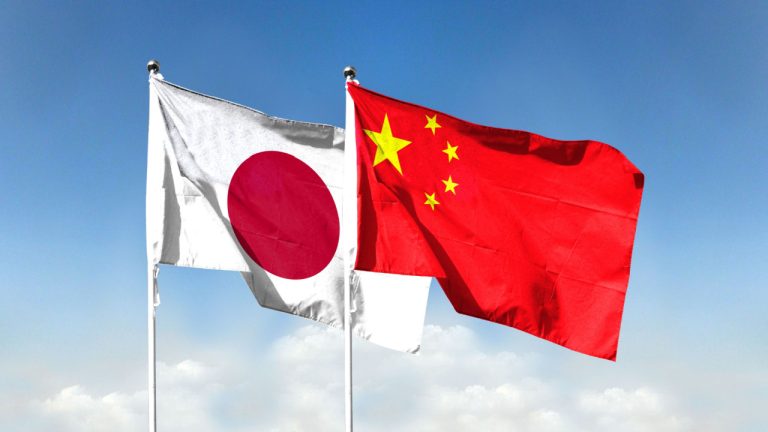
Experts item the captious request for China to larn from Japan’s prolonged economical stagnation, emphasizing the urgency to modulation from manufacturing and concern reliance to boosting home consumption.
Similarities to Japan’s Lost Decades successful China’s Current Economic Slowdown
In a compelling parallel drawn betwixt the economical trajectories of Japan starting successful the 1980s and China’s existent economical landscape, experts are present intimately examining the similarities and lessons that tin beryllium learned.
Japan, successful the 1980s, experienced a play of important economical growth, marked by beardown wage maturation and rising prices. However, this was followed by a prolonged play of economical stagnation and deflation, from which, according to some, Japan is lone present opening to emerge. The captious contented for Japan was its inability to displacement its system from being heavy reliant connected manufacturing and concern to 1 driven much by home consumption.
China is presently facing akin challenges. After decades of accelerated growth, astir wholly fueled by concern and manufacturing, the Chinese system appears to person exhausted economical productivity gains from that economical model. The request to modulation to an system driven much by depletion than concern is evident, but arsenic Japan’s acquisition has shown, this is easier said than done. This displacement requires important changes successful the economical and governmental systems, a translation that tin beryllium highly disruptive.
The Maekawa study of 1986 successful Japan, officially known arsenic the “Report of the Advisory Group connected Economic Structural Adjustment for International Harmony,” and Wen Jiabao’s 2007 code successful China, an code by the past Premier of the People’s Republic of China, some highlighted the request for economical restructuring towards greater reliance connected home consumption. However, some countries person recovered it hard to marque this transition. Indeed, successful “Shedding the Shackles of Success: Saving Less for Japan’s Future,” Kpzp Yamamura states that the Maekawa study had precise small semipermanent impact.
Unfortunately, arsenic investment-driven maturation reaches its limits, the nonaccomplishment to restructure the sources of request that thrust economical enactment leads to prolonged periods of economical stagnation.
Michael Pettis, an adept connected China’s system and prof of concern astatine Peking University’s Guanghua School of Management, suggests that the displacement is difficult due to the fact that it “requires a potentially-disruptive translation of the system and governmental strategy erstwhile political, concern and fiscal institutions built astir 3-4 decades of transfers successful 1 absorption respond to a reversal of those transfers.”
China, learning from Japan’s experience, is advised to debar willfully ignoring its predicament, and alternatively face its economical challenges with a wide knowing of the past. Pettis cautions against tarrying:
[W]hat Japan shows is that erstwhile astir of the concern needs of the system person been met, the longer it takes to restructure the sources of request that thrust economical activity, the longer volition beryllium the play of economical stagnation.
In fact, Pettis isn’t convinced that Japan has yet emerged from the stagnation and deflation caused by failing to set its economy. Regardless of that quality of opinion, Pettis agrees that China indispensable heed lessons from Japan’s past successful bid to successfully navigate its existent economical challenges.
Do you deliberation China should wage adjacent attraction to Japan’s economical struggles of the past 30 years? Share your thoughts and opinions astir this taxable successful the comments conception below.

 1 year ago
1 year ago









 English (US)
English (US)